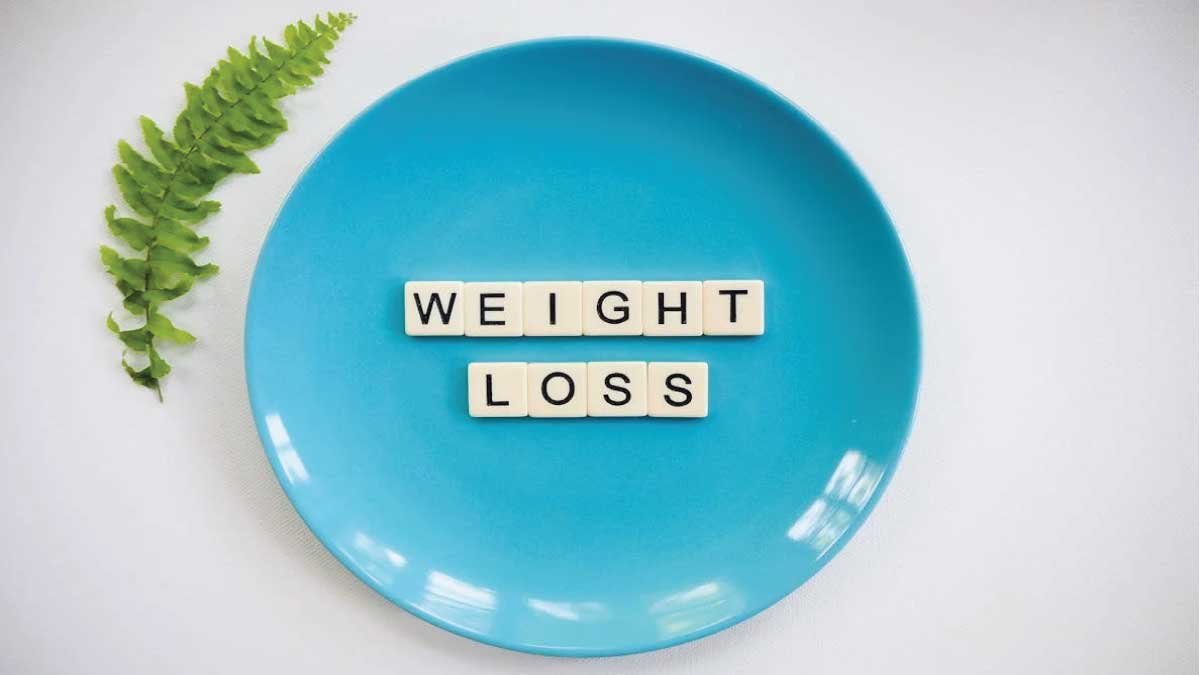Healthy meal plans for weight loss focus on nutrient-dense foods like fruits, vegetables, lean proteins, and whole grains. By promoting balanced eating habits and portion control, these plans facilitate sustainable weight loss and support overall well-being.
In the quest for achieving weight loss goals, the significance of a well-planned diet cannot be overstated. Healthy meal plans play a pivotal role in not only shedding those extra pounds but also in sustaining a nourished and energized body. Here at Fitness Regain, we understand the challenges individuals face when striving for a healthier lifestyle. That’s why we have curated this comprehensive guide to present you with the seven best healthy meal plans tailored for effective weight loss.
1. Ketogenic Diet:
The ketogenic diet has gained immense popularity for its remarkable ability to promote weight loss while ensuring satiety and energy levels remain high. By emphasizing high-fat, moderate-protein, and low-carb foods, this diet induces a state of ketosis, where the body burns fat for fuel instead of carbohydrates. Incorporating avocado, nuts, seeds, and healthy oils while limiting carb intake aids in rapid weight loss and improved metabolic health.
2. Mediterranean Diet:
Renowned for its heart-healthy benefits, the Mediterranean diet offers a delicious array of whole grains, lean proteins, fruits, vegetables, and olive oil. With an emphasis on plant-based foods and lean proteins such as fish and poultry, this diet not only facilitates weight loss but also reduces the risk of chronic diseases like heart disease and diabetes. Rich in antioxidants and healthy fats, the Mediterranean diet is a flavorful journey towards sustainable weight management.
3. Plant-Based Diet:
Embracing a plant-based diet can revolutionize your weight loss journey by prioritizing fruits, vegetables, legumes, and whole grains. Packed with essential nutrients, fiber, and antioxidants, plant-based meals promote satiety and digestive health while aiding in weight loss. Incorporating colorful salads, hearty soups, and nutrient-rich smoothies into your daily regimen can enhance vitality and promote sustainable weight management.
4. Paleo Diet:
Inspired by the dietary habits of our Paleolithic ancestors, the Paleo diet emphasizes whole, unprocessed foods such as lean meats, fish, fruits, vegetables, nuts, and seeds. By eliminating grains, legumes, dairy, and processed foods, this diet encourages nutrient-dense and satiating meals that support weight loss and optimize overall health. Embrace your primal instincts and embark on a journey towards holistic wellness with the Paleo diet.
5. Whole30 Program:
The Whole30 program offers a transformative approach to weight loss by focusing on whole, unprocessed foods for a duration of 30 days. By eliminating sugar, alcohol, grains, legumes, soy, and dairy, this program aims to identify and eliminate potential food sensitivities while promoting nutrient-dense and anti-inflammatory meals. Experience a reset in your relationship with food and unlock your body’s full potential with the Whole30 program.
6. DASH Diet:
Originally developed to combat hypertension, the DASH (Dietary Approaches to Stop Hypertension) diet has evolved into a popular choice for weight loss enthusiasts. By emphasizing fruits, vegetables, whole grains, lean proteins, and low-fat dairy, this diet promotes heart health and weight loss through portion control and reduced sodium intake. With a focus on balanced meals and nutrient-rich foods, the DASH diet offers a sustainable approach to shedding pounds while prioritizing overall well-being.
7. Flexitarian Diet:
Ideal for individuals seeking a flexible approach to weight loss, the flexitarian diet combines the benefits of plant-based eating with occasional animal products. By prioritizing fruits, vegetables, whole grains, and plant-based proteins while allowing for occasional indulgences, this diet offers versatility and sustainability in achieving weight loss goals. Embrace a balanced approach to nutrition and enjoy the freedom to customize your meals with the flexitarian diet.
Related Posts:
Swimming for Weight Loss : Dive into Fitness
7 Days Best Meal Prep Meals for Weight Loss
Top 10 Best Weight Loss Exercises at Home Routines
How to Lose Weight Fast Without Exercise: Complete Guide
Conclusion:
In conclusion, the journey towards weight loss and optimal health begins with embracing a nutrient-rich, balanced diet tailored to your individual needs and preferences. Whether you opt for the ketogenic, Mediterranean, plant-based, Paleo, Whole30, DASH, or flexitarian approach, each healthy meal plan offers unique benefits to support your wellness journey. At Fitness Regain, we’re committed to empowering you with the knowledge and resources needed to achieve your weight loss goals and live your best life.
FAQs About Healthy Meal Plans for Weight Loss:
Are healthy meal plans effective for weight loss?
Yes, healthy meal plans are highly effective for weight loss as they focus on nutrient-dense foods that promote satiety and support overall well-being. By incorporating balanced meals rich in fruits, vegetables, lean proteins, and healthy fats, individuals can achieve sustainable weight loss results.
How do I choose the right healthy meal plan for my weight loss goals?
Choosing the right healthy meal plan depends on various factors including personal preferences, dietary restrictions, and health objectives. Consider consulting with a nutritionist or dietitian to assess your individual needs and tailor a meal plan that aligns with your weight loss goals and lifestyle.
Can I follow a healthy meal plan on a budget?
Yes, it is possible to follow a healthy meal plan on a budget by prioritizing affordable and seasonal ingredients, meal prepping to minimize food waste, and incorporating cost-effective protein sources such as beans, lentils, and eggs. Additionally, shopping for whole foods in bulk and avoiding processed or convenience items can help stretch your grocery budget.
Will I feel hungry on a healthy meal plan for weight loss?
While adjusting to a new healthy meal plan, it’s normal to experience some hunger as your body adapts to portion control and dietary changes. However, incorporating fiber-rich foods, protein-packed snacks, and staying hydrated can help manage hunger cravings and keep you feeling satisfied throughout the day.
Are there any potential pitfalls to avoid when following a healthy meal plan for weight loss?
When embarking on a healthy meal plan for weight loss, it’s essential to avoid common pitfalls such as restrictive eating, fad diets, and overly processed or low-quality foods. Instead, focus on creating a balanced and sustainable eating pattern that nourishes your body and promotes long-term success in achieving your weight loss goals.

